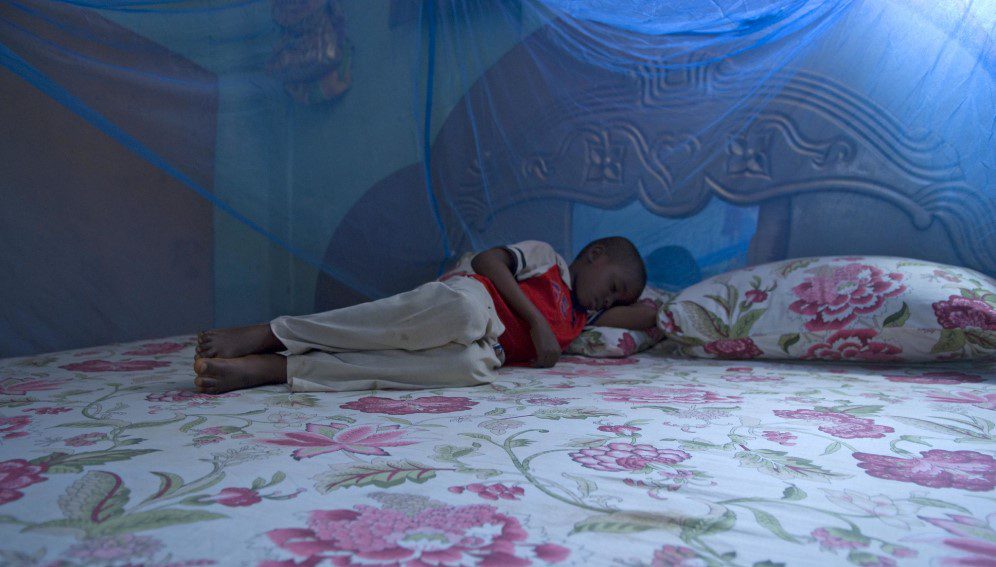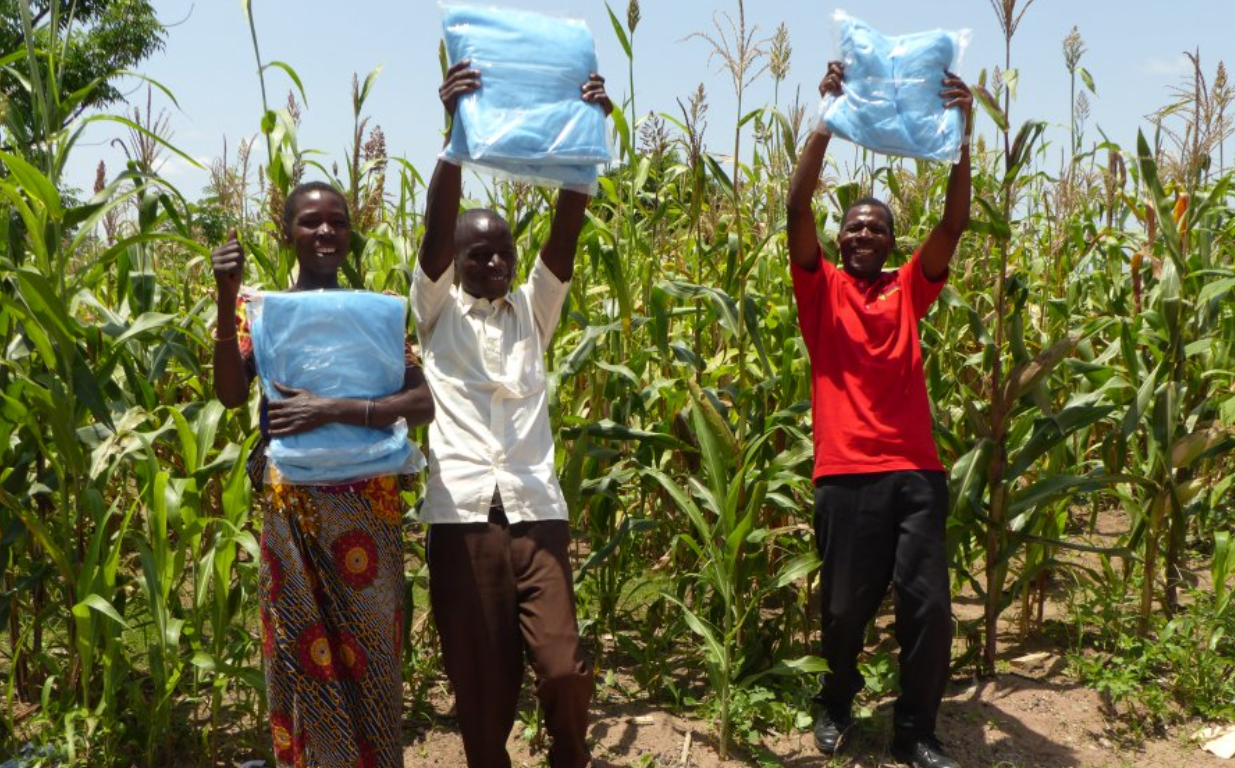Children who sleep more often under insecticide-treated bed nets have more than 40 per cent higher likelihood of surviving into adulthood than their counterparts who use bed nets less often, a study suggests.
Researchers have been exploring whether early malaria control interventions guarantee a person’s protection from the disease in later stages of life but follow-up studies have been limited.
In the study published in The New England Journal of Medicine this month, researchers conducted a follow-up survey in 2019 among 89 per cent of 6,706 participants in two rural districts of Tanzania who were enrolled in a bed net trial between 1998 and 2003.
The participants were aged between three and 47 months old when the first trial took place.
The results show that children who used treated nets at an early-life had a 43 per cent lower risk of death than those that did not use treated nets at their early life.
“We hope the results will provide new motivation for funders and governments to support the global fight against malaria,” says Günther Fink, co-author of the study and an associate professor of epidemiology and household economics at the University of Basel and Swiss TPH Institute.
According to the World Health Organization’s latest World Malaria Report, Sub-Saharan Africa alone accounted for about 95 per cent of the world’s 241 million malaria cases and 96 per cent of 627,000 malaria deaths in 2020.
Fink hopes that the findings will help keep the momentum in the fight against the disease. “There are still lots of gaps, and many families need nets,” he adds.
Researchers say that although the study did not include a direct measure of immunity, survival to adulthood in a malaria-endemic area is itself a reflection of functional immunity.
Donnie Mategula, deputy head of the Malaria Epidemiology Group at the Malawi-Liverpool-Wellcome Trust Clinical Research Programme, tells SciDev.Net that interventions against malaria have largely targeted under-five-year-olds as they are the ones most affected.
While this approach has helped in reducing malaria incidence around the world, experts have been concerned about early life interventions leading to high malaria risk in later years of a child’s life, he says.
“This has been based on the hypothesis that excessive malaria control using effective interventions like bed nets would delay the acquisition of malaria immunity and make them at a higher risk of malaria and death later in life, a phenomenon we call ‘rebound effect’,” Mategula says.
He adds that experts had not really answered this question prior to this study as it needed a large cohort of children followed up over a long period of time – two conditions which this study met.
Mategula calls for policymakers to positively embrace the study’s outcomes.
The study’s findings, he says, provide reasons for intensifying malaria control initiatives at an early age given that this could also have benefits during adulthood.









